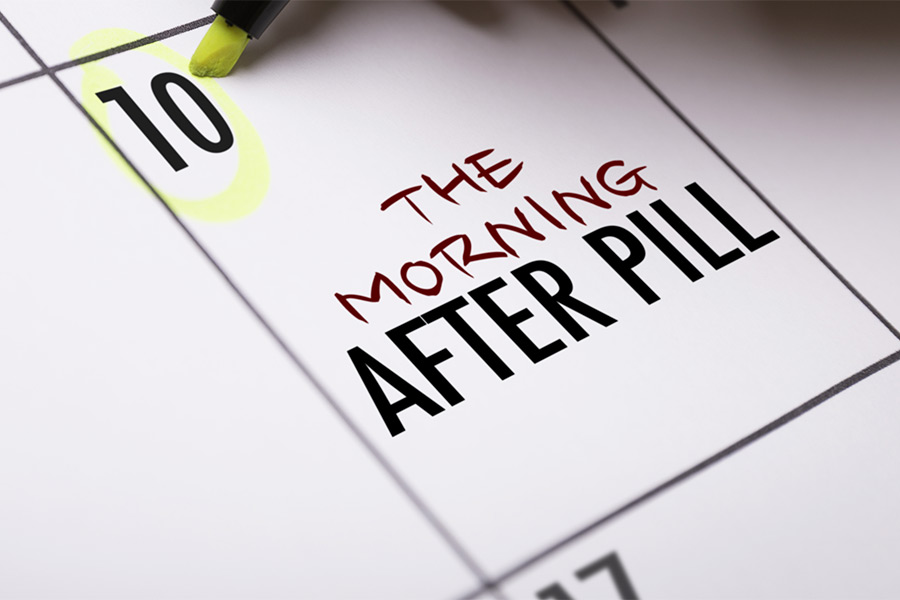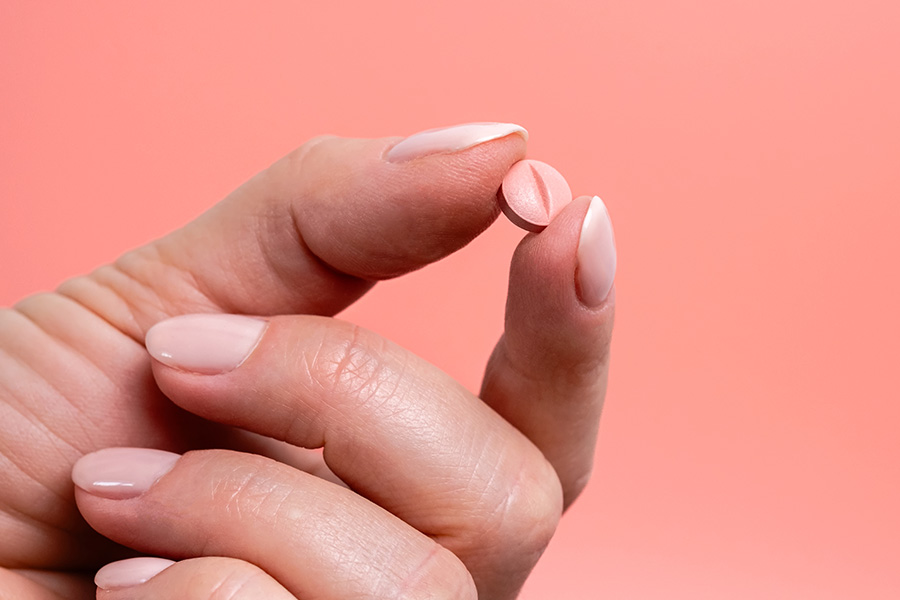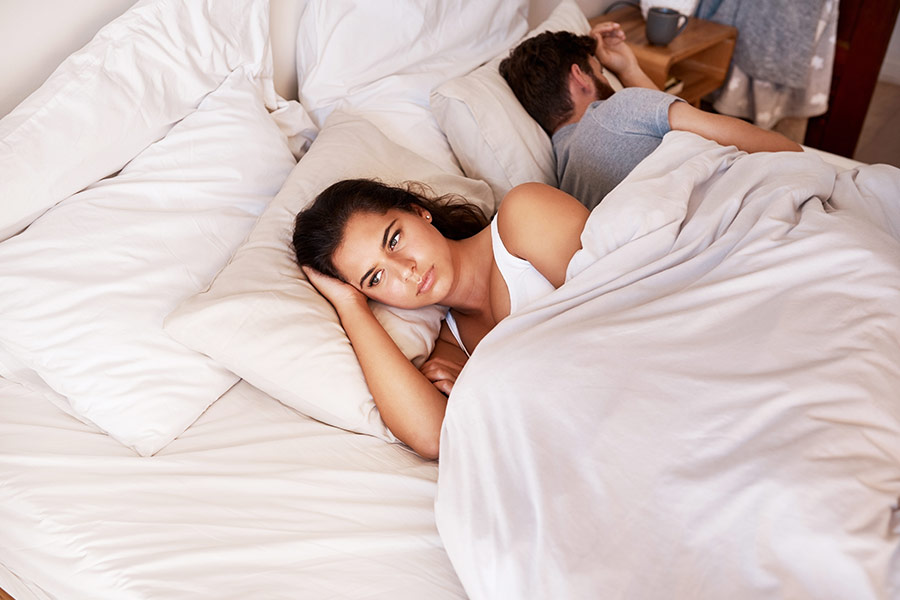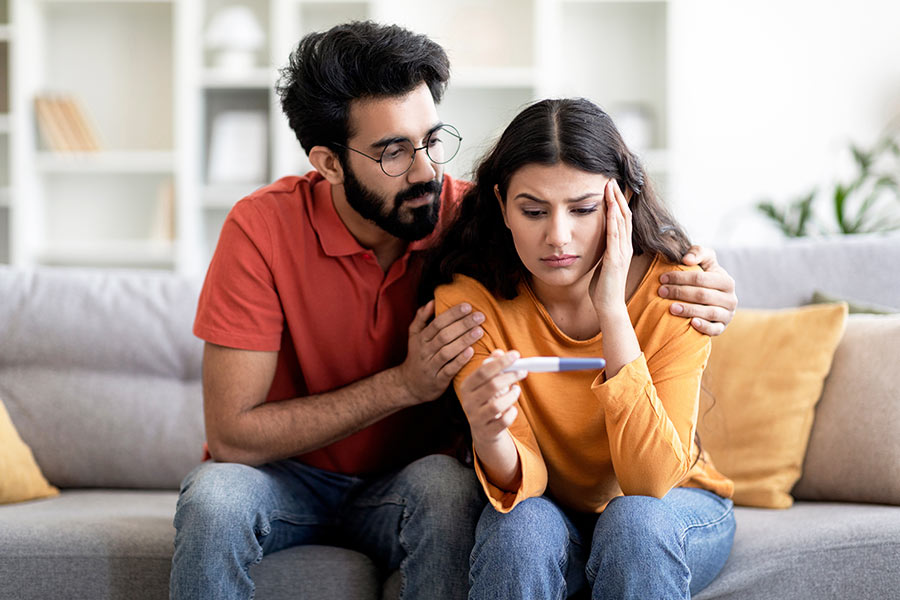I had sex with my partner yesterday and the condom seems to have slipped off right after he ejaculated. My partner is telling me to take an emergency contraception pill, but I am quite worried about the side effects. Do you think it is safe to do this?
— Anxious Amrita
Dear Anxious Amrita,
Thank you so much for your question. Emergency Contraceptive Pill (ECP) is also known as a “morning-after pill”. It is one of many methods designed to prevent pregnancy. ECP contains a type of progestin hormone which can prevent ovulation (when the egg is released from the ovary) and fertilisation (when the egg and sperm fuse together).
Take it ASAP if you need to
I hope this answer reaches you in time – the golden window for taking an emergency contraceptive pill is within 72 hours after unprotected intercourse. The sooner, the better; effectiveness tends to dwindle the longer you wait; a pill taken within 6 hours significantly outperforms taking it after 48 hours.
If it’s already been over 72 hours, hang tight – taking the pill now will not help much. We can discuss the next steps if you miss your period, or if you want to explore other options.
Good news – it’s easily available

An ECP is easily available over the counter from a chemist shop near you for less than Rs 100
If you’re concerned about obtaining ECP, it is easily available over the counter from a chemist shop near you for less than Rs 100. It is sold under many brand names, such as iPill and unwanted 72. In India, we usually have one composition that is sold under varying brand names so they will all act with the same effectiveness.
It’s a valuable (and almost the only) “after” sex choice
Emergency contraception is significant because it provides an option to prevent pregnancy after unprotected intercourse has already taken place – or in your case, when your typical form of contraception failed you.
For example, if the condom slipped off / broke and there was unintended contact between the vagina and semen, or if you were planning on pulling out but your partner accidentally ejaculated before time, or if your typical birth control option (e.g. the birth control pill, IUD) is not on track, ECP steps in as a quick fix.
There may be situations, such as after sexual assault, in an abusive relationship, or under the influence, where you did not have complete control over your choice of contraception; ECP can serve as a crucial first step.
Beyond ECP, you can opt for a Copper IUD insertion by a doctor within 120 hours of unprotected intercourse. However, this is a more long-term option that would last you a few years and would need medical care to install/remove.
Can work quite well, but it’s not the most effective option
Emergency contraception offers us peace of mind after unprotected intercourse. However, if this is the only form of contraception you use, please note that it may not be the most effective option out there. If taken within 24 hours, it can be up to 95% effective, if taken within 25-48 hours it can be up to 85% effective and if taken between 49-72 hours it can be up to 58% effective. When fertilisation and implantation have already taken place, the ECP does not work.
Side effects are typically short term (for appropriate usage)

Given the pill’s high hormone dosage, frequent use isn’t recommended
Using ECP once in a while has no long-term side effects and is safe to use for most people and will not affect your fertility in the long term. Some common short-term side effects include spotting, cramps, nausea, dizziness, breast/chest tenderness, headaches or delayed periods. However, if your periods are more than 3-4 weeks late, consider taking a pregnancy test.
Given the pill’s high hormone dosage, frequent use isn’t recommended. Doctors advise against taking it more than once every three months to allow the menstrual cycle to reset. If you find yourself needing to use emergency contraception more frequently, you may want to explore safer and more effective alternatives such as the daily pill or an IUD. Read more about contraceptive options here.
Weight limits on Emergency Contraceptive Pills (ECP)
Unfortunately for people with uteruses, who are over 75 kilograms, the types of emergency contraceptive pills available in India (levonorgestrel pills) begin to lose their effectiveness. While some options work for those up to 88 kilograms abroad, they aren’t presently available in India. On a positive note, the copper IUD serves as an effective emergency method for individuals of any body weight.
Is your partner pressuring you?
All in all, ECPs can be a viable solution to mitigate potential pregnancy risks following unexpected intercourse. However, some young women have reached out to me to say that their partners ask them to use ECP because they do not want to use condoms.
Patriarchal societies tell us that only men should ask for and deserve pleasure. However, it’s essential to realise that your sense of safety and comfort is just as crucial, and sometimes non-negotiable, as pleasure. ECP is not perfect – and it is completely understandable if you prefer a different method, including condoms.
Deciding on contraception methods should be a mutual agreement between you and your partner. Whether considering ECP or other forms, open communication is key. If you feel emotionally pressured to use ECP or any other method, I strongly encourage you to discuss your needs with your partner.
Beyond pregnancy risk, there may be STI risk

It is always important to discuss your needs with your partner
One last note - in the event of a condom breaking, and if neither you nor your partner has been tested for sexually transmitted infections (STIs), getting tested is a prudent step. This prevents the risk of spreading STIs between partners and ensures overall sexual health.
Karishma Swarup is a Kolkata-born and raised sexuality educator, Instagrammer (@talkyounevergot) and works at a global consulting firm. She busts myths about sex, pleasure, intimacy, orgasms, periods, and all things related to sexual health.
If you have a question you would like Karishma to answer, send an email on mykolkata@telegraphindia.com with the subject line ‘Questions for Karishma’ or DM/comment on our Facebook, Instagram, or Twitter.


